Lorna: Can you tell me something about your background, and how you came to be where you are now?
Jacob: I’ve always been involved with water. I did a civil engineering degree and then went to Imperial to do a hydrology MSc. After that I stayed on there to do a PhD, which I never actually finished because I then became involved in some research on climate change models, specifically the water-related aspects of climate change. I then had a series of jobs, all water-related in some way, including working for the National Farmers Union as their water lead, working for Water UK, which is the trade body for the UK water industry, becoming the secretary of EurEau which is a Pan-European water industry body focusing on drinking water. There I was involved in writing some of the EU’s Water Framework Directive.
After that I set up an organisation called Waterwise, which is a non-governmental organisation that promotes water efficiency, both in the UK, and internationally as well. Then I set up a water company – The Water Retail Company – with a colleague and I’m now Chief Technology Officer there. We’ve got a water retail and wholesale license for England, Scotland and Wales. I’m also a visiting professor at Exeter University in their water systems centre. I’m also in the process of setting up a European water technology accelerator to help new technology into international markets. I’ve always done stuff to do with water!
Lorna: What is it about water that you find so appealing?
Jacob: I find it magical. If you think about it, life on the planet wouldn’t exist without water. Yet some of its properties are extremely unusual. The fact that the liquid state is heavier than the solid state so ice floats is extremely unusual. The fact that it can exist in three states at the same time is amazing. The water cycle itself is incredible. If you think about all of the very arid parts of Central Asia, the only way they get water is through the water cycle operating over thousands of miles. When you see a cloud, that’s just a huge amount of water being shifted from the sea inland, which I find phenomenal.
So, first of all, I find water fascinating. Secondly, there is the ecological base that all life on earth is dependent on water. And, of course, we shouldn’t forget that water is nice to look at – from a psychological viewpoint there have been lots and lots of studies showing how proximity to water, or access to views of water positively affects people’s mental states.
If you think about it, when people go on holiday, they tend to go either to rivers, or the seaside, or to frozen water. If you look at where towns are located, most of them are where they are because of their proximity to water – we depend on it for transport, for food, for direct water supplies, all those sorts of things. It has shaped human and physical geography more than anything else.
Lorna: Following on from that, what do you think are some of the most pressing issues facing us as far as water goes?
Jacob: Globally, water is the way that climate change will show itself. Floods and droughts are the teeth of climate change, and we are going to see a lot more of both. We’re going to see problems with habitation, or possible panic because of too much water or too little water. We’re going to see problems with global food production because of water. We’re going to see large scale civil unrest. We’re going to see shifts in population. There is going to be even more competition between domestic water use, industrial water use and agricultural water use.
Just to put it in context, as a planet, we use 200 million litres per second to produce food, and the population is growing. We waste a lot of our water and pollute it, so the amount of water available for human consumption is very, very small.
In the UK, you will see water prices increasing dramatically because our infrastructure is no good.
Lorna: In what way?
Jacob: In that we waste quite a large amount of water. We haven’t upgraded our infrastructure; levels of leakage are high. The way we process wastewater is ridiculous. We’re not using the principles of the circular economy. Our cities need a lot done to them in order to adapt to a changing climate. We need to make our cities a lot softer, spongier and more absorbent. Otherwise, all the water is just going to run off.
Lorna: So, stopping people concreting over their drives, and things like that?
Jacob: Yes, but also on a national scale. Some of the responses that we’re seeing, like building the super sewer in London, or building massive new reservoirs, those are Victorian solutions to modern problems, and that’s not going to work. What we need is a distributed infrastructure. We need to be using new technologies a lot more.
I think that when the prices rise, you will get the public and business asking the government about its water policies and the way that our water is managed. At the moment, there’s a democratic deficit in the way we manage our water.
We have a very strange system in the UK, where we’re supposed to have private sector water companies. But actually, the water industry is a hybrid of the worst of both worlds, public and private. All the risk lies with the public and the government and the environment, and all the profits lie with the private companies. You can see that in the fact that the government has to subsidise customers in the South West, and in the way that it has underwritten Thames Water’s super sewer.
Lorna: You wrote recently on LinkedIn about re-nationalising the water industry.
Jacob: To be honest, I would love to see water industry renationalised. However, I don’t have a problem with private water companies operating in the water sector – indeed, I’m a major shareholder of a private water company – but the way it’s being done at the moment means there is no democratic accountability or transparency and no proper governance. The public don’t have a say in the way that money is spent. We need much, much stronger regulation to force companies to behave more responsibly.
Lorna: Where does the solution lie? Is it with government, or with private companies, or with individual businesses, or us as consumers?
Jacob: It’s with everyone. There are some very interesting technological solutions. In my view having a distributed infrastructure combined with technologies such as blockchain or the internet of things would enable us to deliver and manage water in a different way, in a distributed way, rather than through the large style fixed assets that we had in the last century.
The way it works at the moment is that you’ve got very large monolithic companies who are centralised, who collect water in big reservoirs, stick it into pipes, it goes to people’s houses, the waste then comes out of people’s houses, goes back and is treated in big centralised sewage treatment works, and goes back at the river. Engineers are doing everything for us, and you can use as much water as you like, basically.
I think what we will start to see in the future is more separation from the grid. A lot more grey water reuse within homes and businesses. A lot more use of water efficiency technologies. It’s ridiculous that we are pumping and treating this water to drinking water standards and then throwing it away, so I think we’ll see a massive rise in water efficiency.
We will also see a lot more automation and a move away from centralised water distribution, to more localised water production, circular economy principles, and water reuse on a small and local scale. But you could have that administered centrally. The fact that we’ve got ubiquitous census, and we’ve got things like blockchain, means that you can have distributed infrastructure with peer-to-peer transactions, but it can be transparent and centrally managed. These technologies are enabling us to move away from large centralised systems.
We’re starting to see this already. A good example is One Park West in Sydney, which is a large office building that is now not only water neutral, but it produces water and sells it to its neighbours, because it catches rainwater and re-treats its greywater and reuses it. Obviously, the local water authorities don’t like this so what we also need is a change in regulation.
I think we’re at the point where there are some interesting quite large-scale changes that are going to be happening a lot, similar to those we’ve seen in the telecoms industry. If you look at how telecoms were distributed in the developing world, you’ll see that people didn’t go for fixed networks telecom systems. They went for mobile systems, immediately bypassing the fixed networks. I think you might start to see that with water. You might start to see small-scale dams and wells, which we already have, distributed, but centrally managed. Rather than people in the developing world building very large infrastructure for water, you might see small scale infrastructure that is digitised.
Lorna: When you talk about efficient use of water that presumably goes right down to individual level?
Jacob: Yes, absolutely – more efficient use of water across the board. This splits into two main areas. One is the actual kit, things like water-efficient taps, waterless urinals and low flush toilets. The other is behavioural change. Again, the behavioural stuff links back to information provision, and also links back to people paying for the water they use. If you can effectively monitor and charge for water almost at each point of use, you can then start to more effectively reward people for saving water.
It is quite often cheaper to pay people to use less water than it would be to build new infrastructure. If you’re a water company you’ve got a choice between spending a billion quid on building a new reservoir, or you could get a million people to cut their water usage and the end result will be the same.
Lorna: Do you find that water companies are receptive to this kind of message now?
Jacob: No, of course they’re not. Water companies have a protected regulatory position and they have access to fixed customer base who cannot get away without buying their product, so they’re very complacent. However, they’re in a fantastic position to start doing all this digital stuff, and to start paying people for saving water, and just start putting new technologies into the business. As it is, it’s all about the bottom line. What is the cheapest way they can deliver the current paradigm? There are some progressive water companies out there I’m sure, but generally it’s all about just doing what they’re doing now.
Lorna: It sounds like people are not receptive to the climate change message at all, until you can just put it in really stark financial terms?
Jacob: Yes. And even then, when you do that, response is, “Oh, well, we might think about it.” There is no appetite for a change.
Lorna: Just in water companies, or in businesses in general?
Jacob: In businesses in general, but I think it’s worse in water companies because, as I said before, they have the worst of both the public and the private sector, giving them regionalised monopolies with a fixed customer base. Why would they bother?
Water is essential for social cohesion, for environmental protection, and for finance, and it’s much more important than just a normal commodity. In fact, it even says in the Water Framework Directive that water is a commodity unlike any other. People have a different relationship to water than they do to other utilities.
Water in my opinion is quite a good vector to discuss climate change through, but it’s never really properly discussed. This is probably the first election when water has ever been mentioned, I think, and even then, all the discussions have still only been about ownership and money. They haven’t been enough about how water fits in with climate change, and how we want to accommodate water within the natural and the urban world.
Lorna: Is there a hope? Or are we doomed?
Jacob: There is hope. Yes, absolutely. The thing about the water companies is they have some very good people in them. It’s just the structures that are wrong. There’s a lot of new technology coming in. There are lots of new ideas. There are people who will find their way around the current regulations and do what’s needed anyway.
There are certainly businesses who realise that water is important for both adaptation and mitigation in terms of climate change, and that water is expensive, and there’s an overlap between water and energy, and they are taking action. People like Unilever, and others like them are they’re taking action. There are people outside of the water sector who are taking action on water. You will see more and more people go off-grid as well. And you’re seeing more new innovative products. As they become more digitised and linked to the internet of things, then you can start to develop financial and regulatory systems around them. I’m actually quite positive.




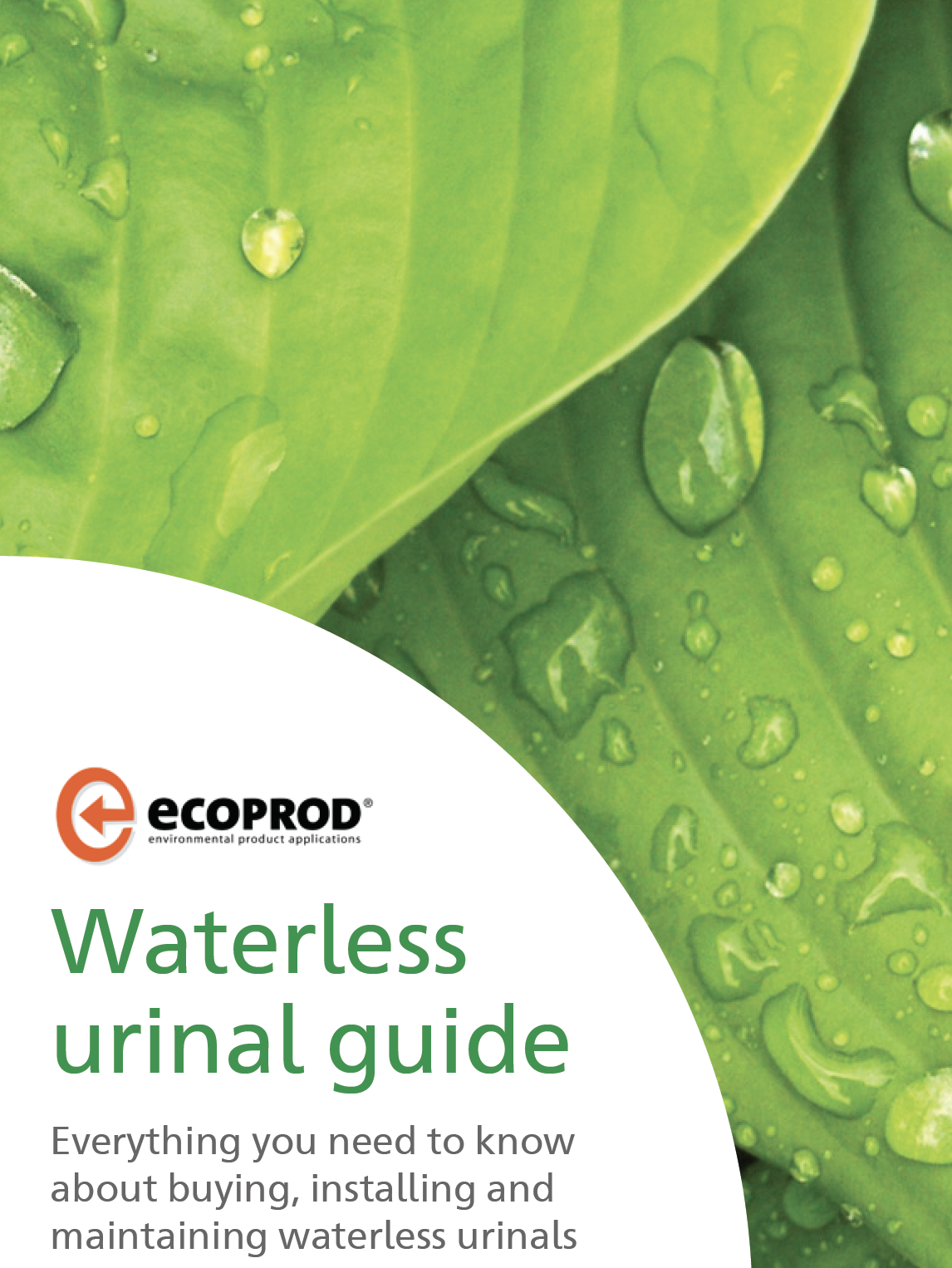
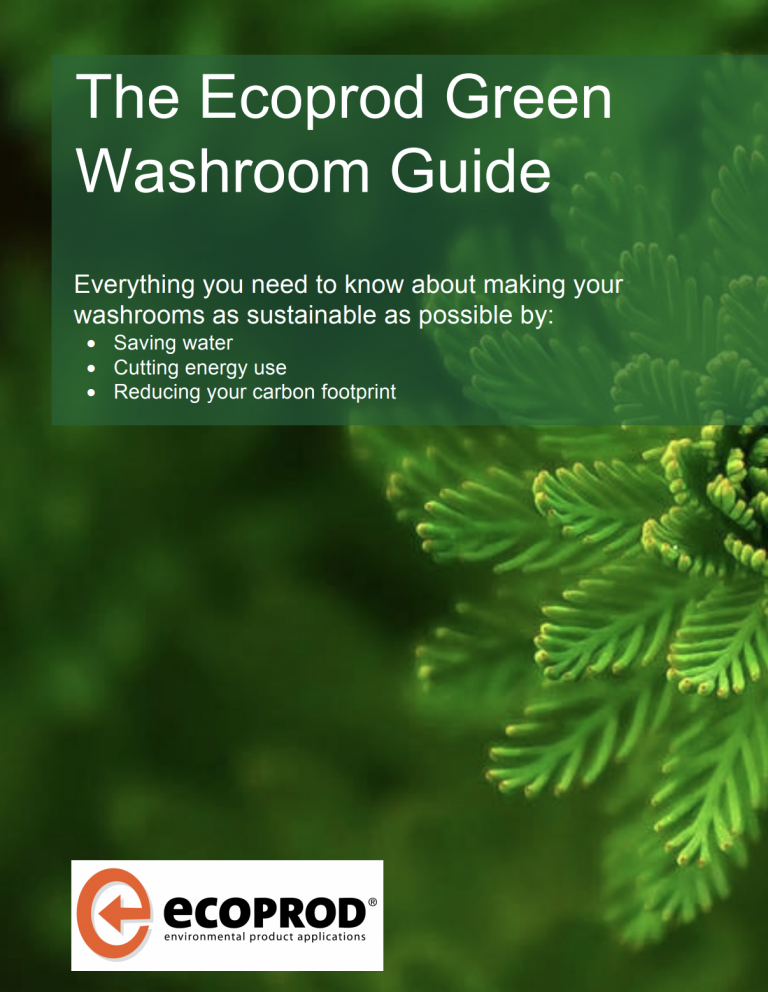
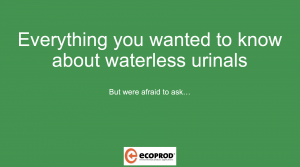
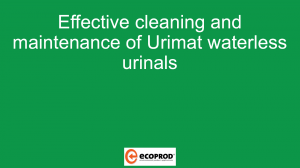





 For the last 8 years Robert Summer – Head of International Sales and Marketing – has developed structured distribution network worldwide for CONTI+ brand. The products offer great benefit for washrooms and shower rooms for public, semi-public and health sector. Today, sustainability, hygiene and smartness are key to CONTI+ solutions. Robert lives the brand and its USPs and loves to support and motivate his team on a daily basis.
For the last 8 years Robert Summer – Head of International Sales and Marketing – has developed structured distribution network worldwide for CONTI+ brand. The products offer great benefit for washrooms and shower rooms for public, semi-public and health sector. Today, sustainability, hygiene and smartness are key to CONTI+ solutions. Robert lives the brand and its USPs and loves to support and motivate his team on a daily basis.

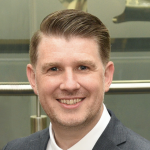


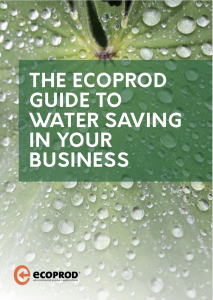
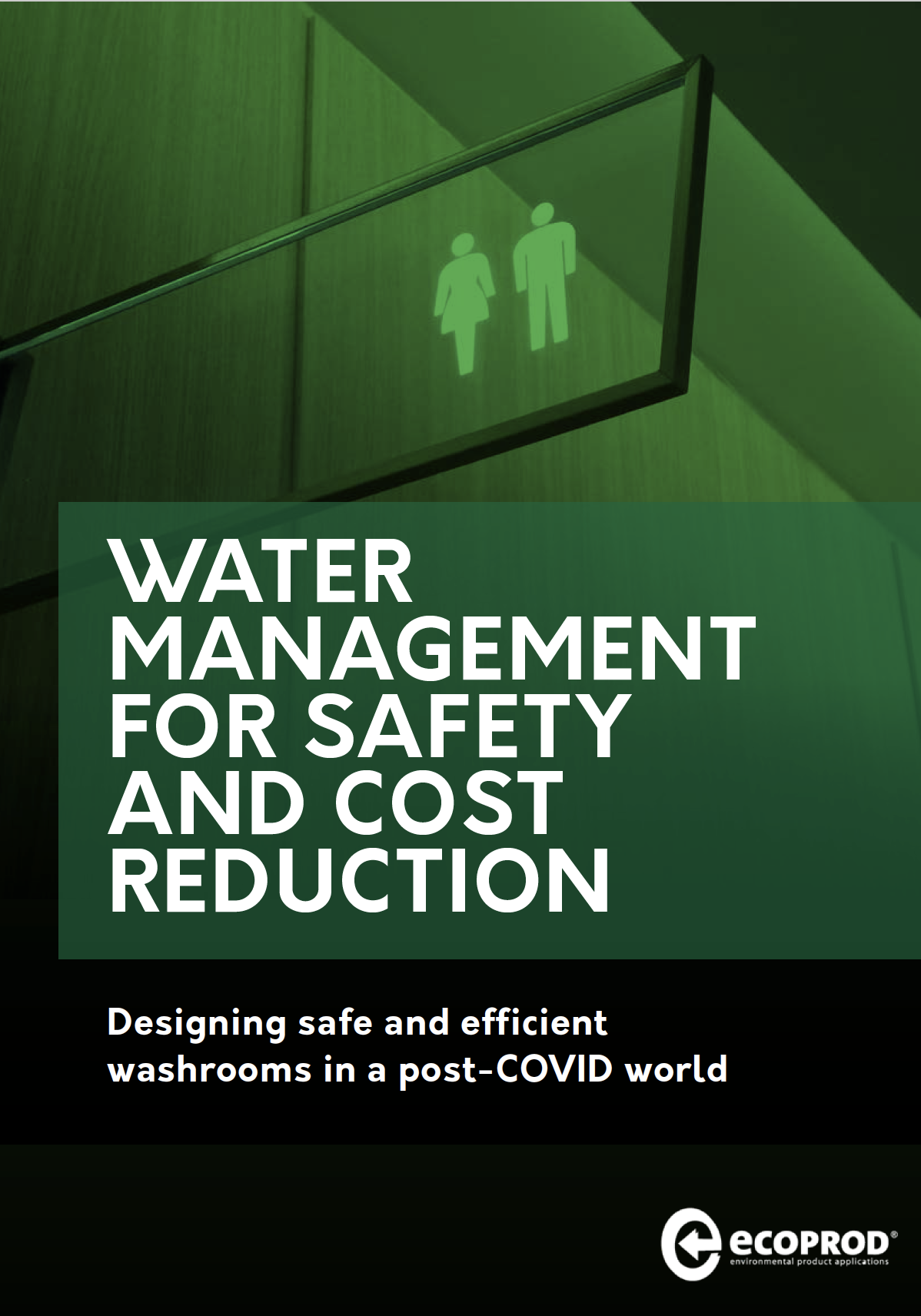

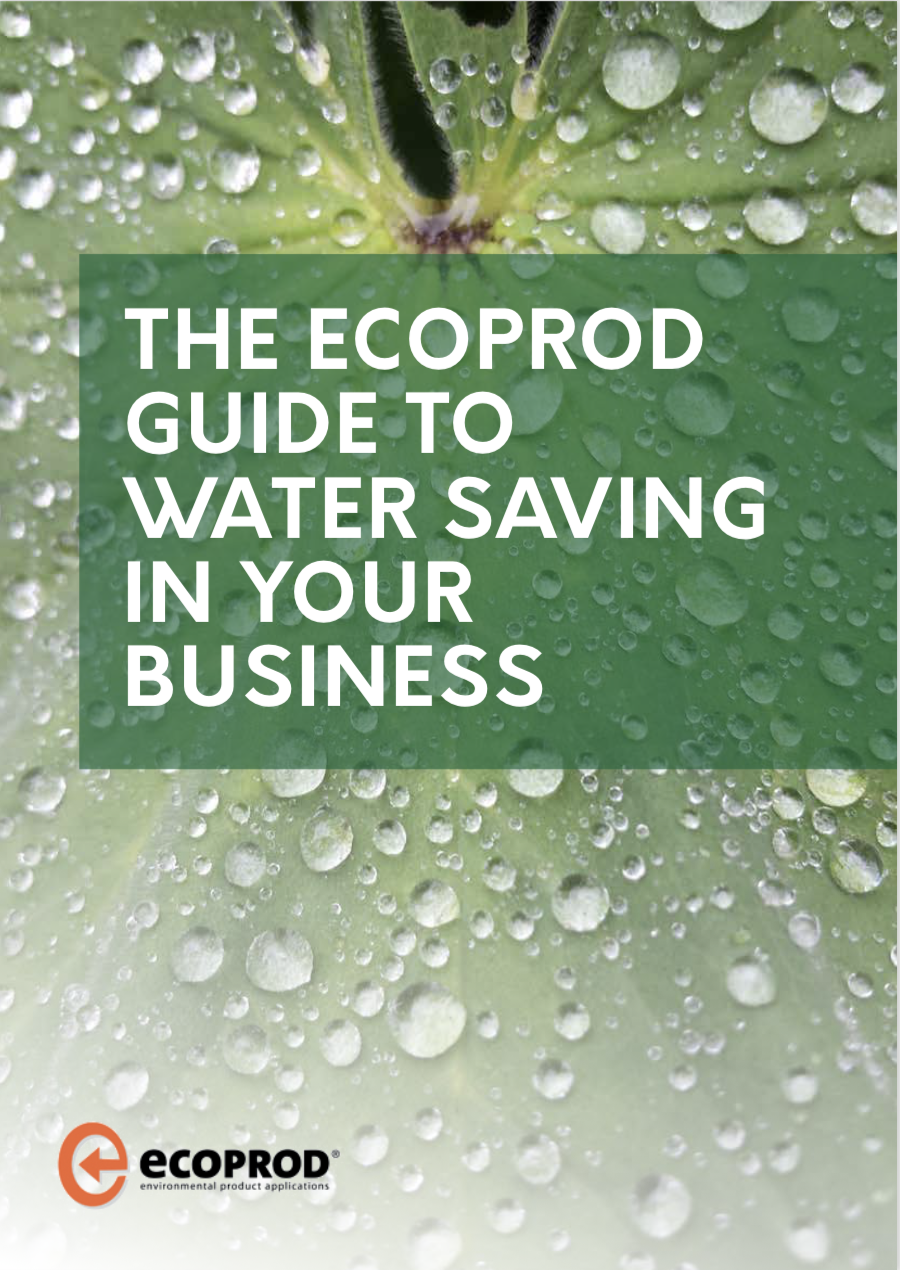
Comments are closed.